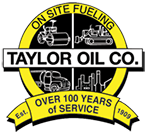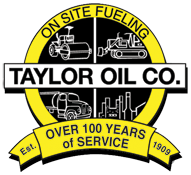As we get over this latest deep freeze that has affected much of the Northeast, we take the time to reflect on how we can best keep moving. Your fleet is your livelihood. If works grinds to a halt because your machines or equipment can’t work due to the cold or snow, you lose money. Period. How can you stay productive and operate smoothly in cold weather? It all has to do with planning and maintenance.
The cold, snow and ice can really do a number on your fleet. In fact, 90% of all winter operability issues are related to moisture. Did you know that diesel engines are five times harder to start when the temperature is at 0 degrees F than at 80 degrees F? This is because the oil is thicker and all that cold resists movement of the internal moving parts of your machinery.
Looking to prevent cold starts and fuel gelling? Maintenance is your best option in ensuring your vehicles stay on the move. Failure to give your fleet some much-needed TLC this winter can come back to harm you in the end. Specifically, it’s important to keep an eye on your water separators every day and change your fuel filters and fuel separator filters as directed. This is to prevent moisture buildup on the filters that can cause problems later. Moisture forming in your fuel is a big problem, which tends to happen with hot engines and cold temperatures. Be sure to change the air brake cartridges so no moisture gets in that could freeze in low temps.
In addition to maintenance, it’s important to purchase superior fuel for your type of engine. The wrong fuel can have disastrous effects. You want to have the highest confidence that your fuel will perform as expected when the temperature hits sub-freezing and even sub-zero. As evidenced by our latest weather, sub-zero temps were par for the course at the beginning of January. This will likely happen again this season.
Ask your fuel provider what blending strategy they use based on the ambient temperature and location. Many fuel providers will customize a blend for the client’s needs. In extreme cold temperatures, you will also need a diesel fuel additive that can keep the oil in a liquid state and assist in dispersing moisture. Designed for use in anything from construction equipment and trucks to generators and tanks, fuel additives make a great complement to your winter fuel strategy.
Taylor Oil can help you develop a strategy this winter that works for you. We can keep your fleet moving! Contact us today.



